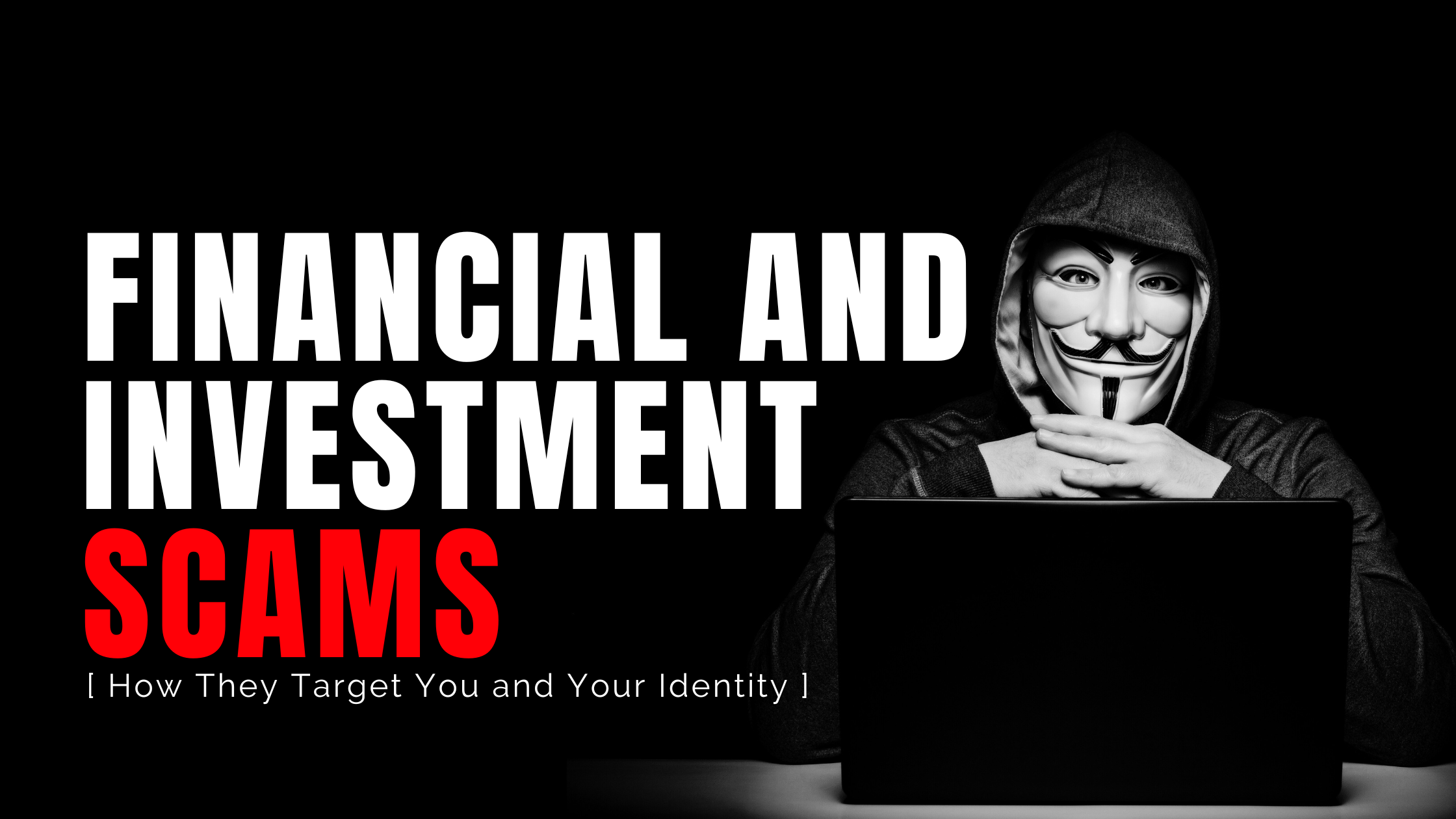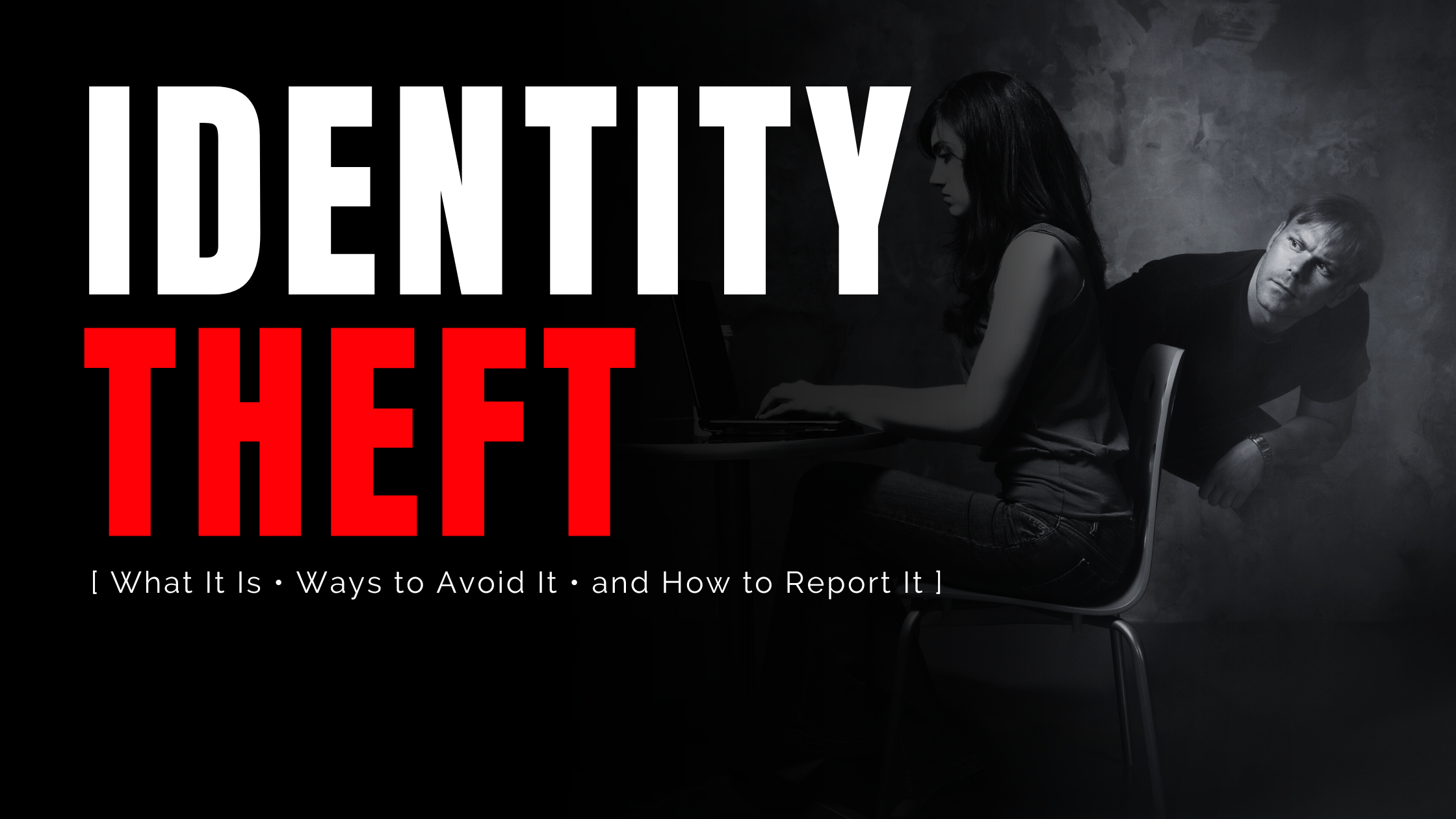What Are Imposter Scams?
Imposter scams involve fraudsters posing as trusted individuals or entities—like businesses, government agencies, or even social media influencers—to trick victims into sharing personal information or money. These scams can affect individuals and businesses alike, and the level of deception can run surprisingly deep, especially when influencers are involved.
How Deep Can Imposter Scams Go?
Imposter scams range from basic email phishing to elaborate, multi-layered fraud schemes. Let’s break down how far these scams can reach:
- Email Phishing: The simplest form, where scammers send fake emails pretending to be from reputable companies like banks, social media platforms, or online services.
- CEO Fraud: Cybercriminals impersonate company executives, tricking employees into making wire transfers or handing over sensitive business information.
- Tech Support Scams: Scammers impersonate tech support agents from major companies like Microsoft or Apple to gain access to your device and personal data.
- Family Emergency Scams: Imposters pretend to be close relatives or friends, urgently asking for money to resolve a fabricated crisis.
- Romance Scams: Fraudsters build emotional connections with victims, often over long periods, before making financial requests.
- Influencer Scams: Influencers are prime targets for cybercriminals. Scammers hack or impersonate these public figures, leveraging their trust with followers. For instance, a scammer might pose as an influencer promoting dropshipping as a side hustle, and once followers have built enough trust, they pivot to pushing a seemingly lucrative investment opportunity in stock trading or cryptocurrency. Followers are lured into these “get rich quick” schemes, often ending up investing in fraudulent ventures.
How to Spot an Imposter Scam
Even though these scams can be incredibly convincing, there are signs that can help you identify them:
- Unsolicited Requests: Be wary of unsolicited requests for money, information, or investments, especially if they come with promises of high returns.
- Urgency and Pressure: Scammers often pressure you to act quickly by creating a sense of urgency, using fear or excitement to cloud your judgment.
- Inconsistent Messaging: Be cautious if an influencer who primarily promotes one thing—like lifestyle tips, products, or dropshipping—suddenly shifts focus to something unrelated, like cryptocurrency or stock trading.
- Payment Methods: Scammers often ask for payments via unconventional means such as gift cards, wire transfers, or cryptocurrency, which are harder to trace.
- Look for Errors: Misspellings, incorrect URLs, and generic greetings are red flags in phishing emails, direct messages, or comments.
How to Avoid Imposter Scams
To safeguard yourself from imposter scams, take the following precautions:
- Verify the Source: Always double-check the identity of the person or organization contacting you. If they claim to be from a well-known company or an influencer you follow, contact them directly through their verified accounts or official websites.
- Be Skeptical of Sudden Pivots: If an influencer suddenly starts promoting high-risk financial ventures—such as stock trading or cryptocurrency, especially after promoting something like dropshipping—approach it with caution. Scammers can leverage the trust an influencer has built to convince followers to invest in fake opportunities.
- Enable Two-Factor Authentication (2FA): Protect your accounts by enabling 2FA on all platforms to add an extra layer of security.
- Educate Your Team: Businesses should train employees on how to recognize phishing attempts, verify unexpected requests, and report suspicious activity.
How to Report an Imposter Scam
If you suspect an imposter scam, take action immediately:
- Report to the FTC: The U.S. Federal Trade Commission (FTC) collects reports on imposter scams. You can file your report online.
- Contact Local Authorities: Report any financial losses to your local law enforcement.
- Alert Social Media Platforms: If the scam involves a hacked or fake influencer account, report the fraudulent activity directly to the platform.
- Notify Financial Institutions: If you've shared financial information, contact your bank or credit card company to secure your accounts and prevent further damage.
Skeptical Brands’ Message: Stay Aware, Stay Skeptical
At Skeptical Brands, we emphasize the importance of staying alert and skeptical. Cybercriminals continue to evolve their tactics, especially when leveraging the trust built by influencers.
Scammers might use an influencer’s platform to promote fraudulent ventures like dropshipping and then pivot to stock trading or cryptocurrency schemes to steal from unsuspecting followers. Whether you’re an influencer or a follower, it’s critical to question unusual requests, stay cautious of too-good-to-be-true opportunities, and protect your personal and financial data at all times.




Leave a comment
All comments are moderated before being published.
This site is protected by hCaptcha and the hCaptcha Privacy Policy and Terms of Service apply.